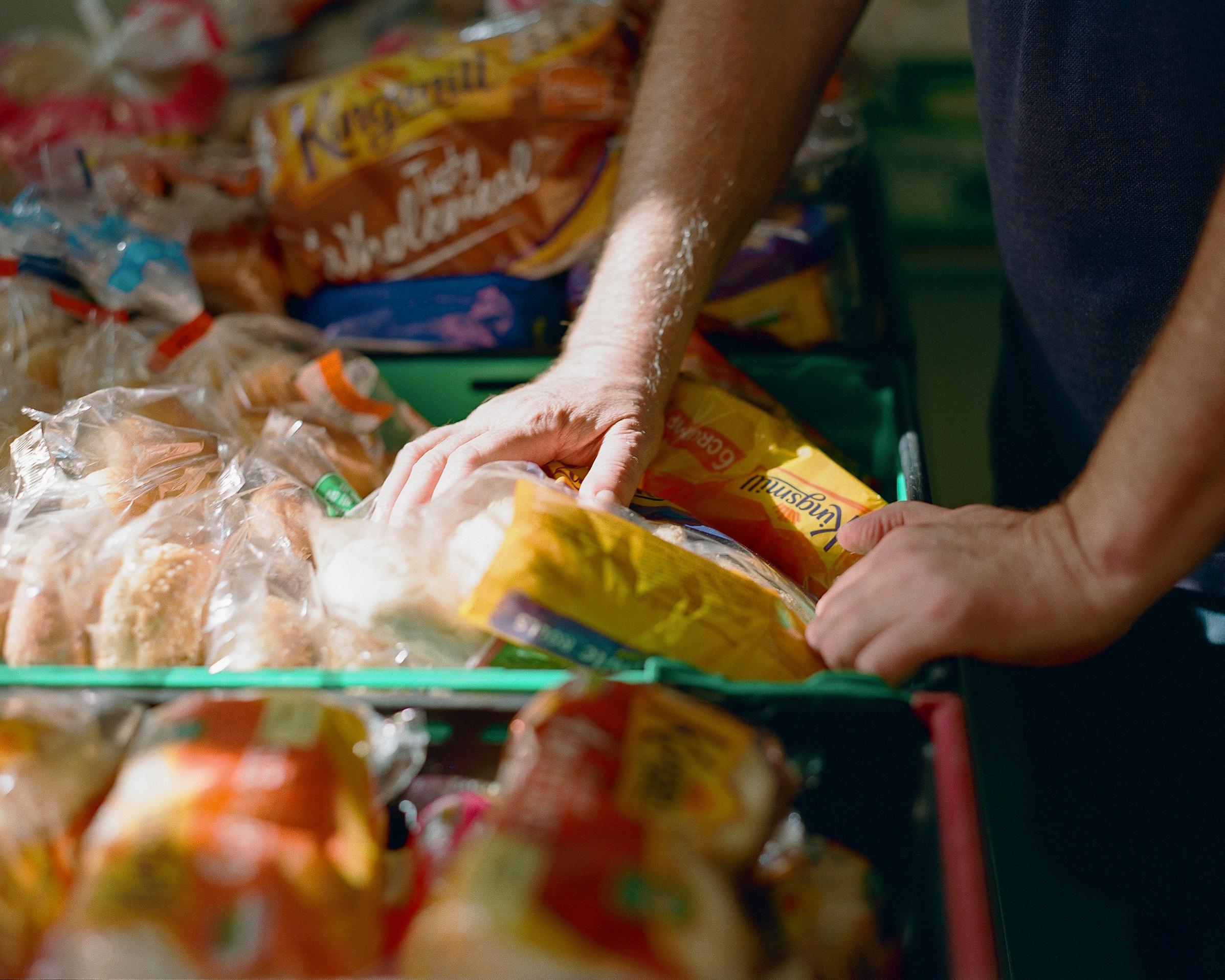Going without: deepening poverty in the UK
This report considers the changing face of very deep poverty and the risk of going without the essentials. It paints a picture of concentrated deprivation for some family types as the UK entered first the pandemic, then the cost of living crisis.
Poverty is deepening in the UK. Between 2002/03 and 2019/20 the number of people in very deep poverty (below 40% of median income after housing costs) increased by 1.8 million, from 4.7 million to 6.5 million people. Our analysis finds the face of very deep poverty is changing. Between 2002/03 and 2019/20 the risk of living in very deep poverty has:
- increased by over half for people living in large families (three or more children), to reach 18% or 1.1 million people;
- increased by a third for people in families with a disabled person, to reach 15% or 2.3 million people;
- increased by a third for people in lone-parent families, to reach 19% or 900,000 people.
Against this backdrop of intensifying poverty, JRF will be asking what it would take to ‘design-out’ destitution and deep poverty over the coming years. Through a programme of work on destitution and deep poverty we want to collaborate with others to:
- Build insight and understanding into destitution and deep poverty, looking at the drivers and dynamics.
- Convene, curate and create solutions at the national level and campaign on measures that will reduce deep poverty and end destitution.
- Undertake sustained, ambitious and practical work in one or more places, to galvanise a mission and experiment with ways to design-out destitution and deep poverty at the local level.
- Demonstrate what a more compassionate alternative to no recourse to public funds can look like and deliver.
If you would like to work with us, we would love to hear from you – contact details are at the end of this briefing.

This briefing is part of the deep poverty and destitution topic.
Find out more about our work in this area.


